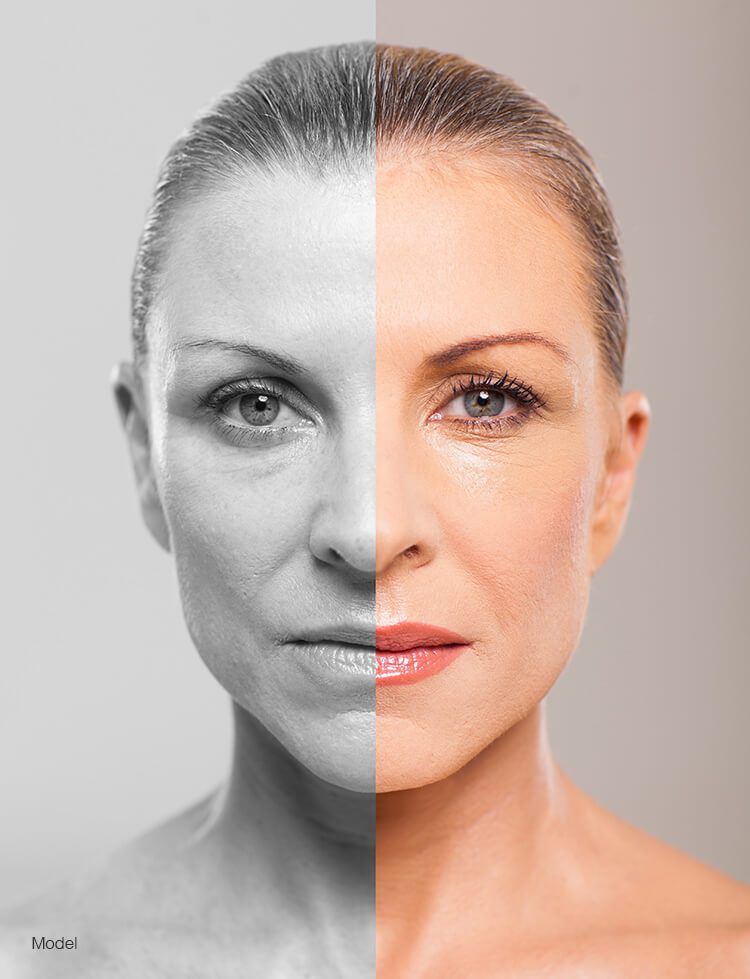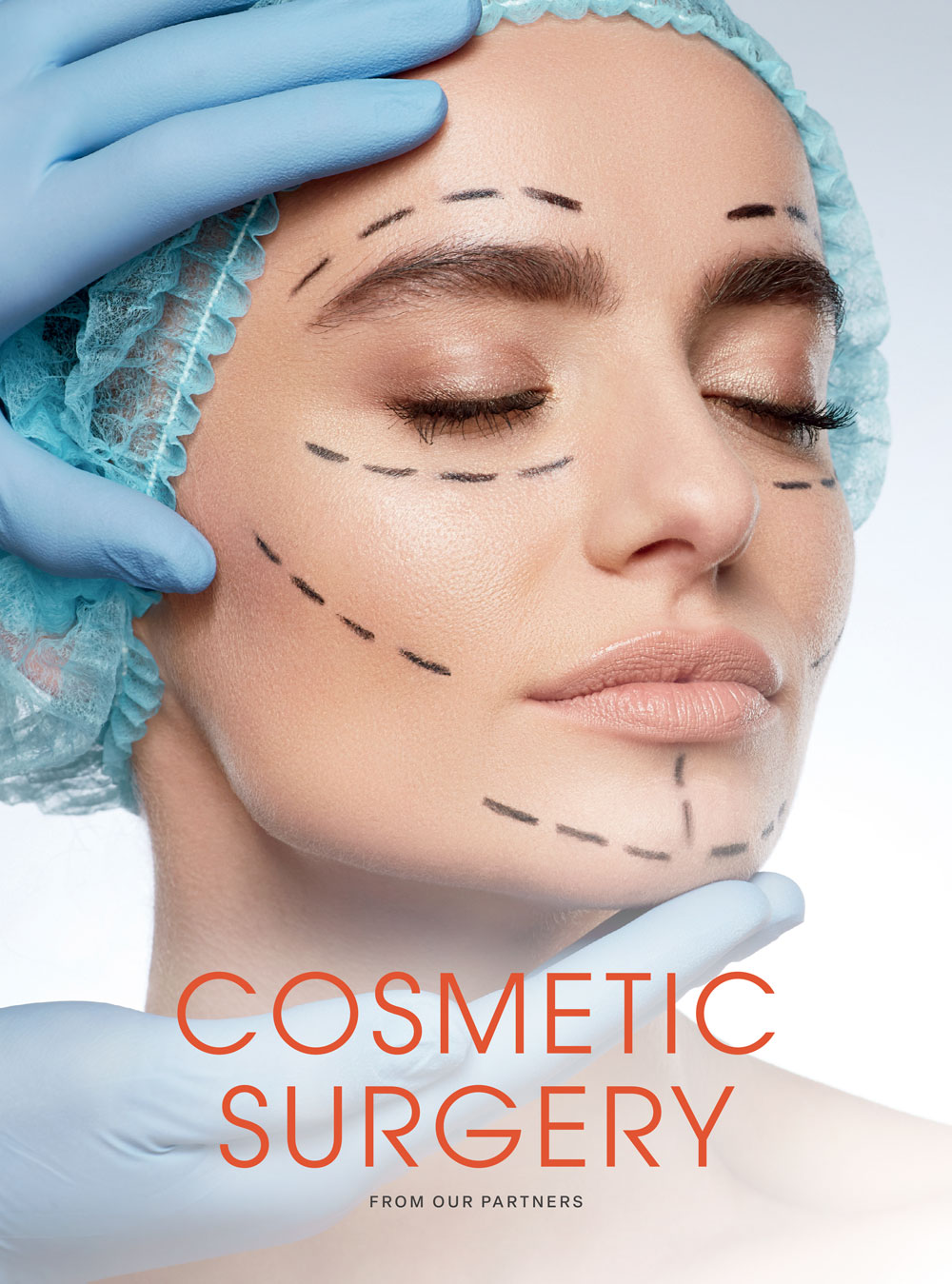Investigating the Mental and Social Aspects That Drive People to Consider Cosmetic Surgery as a Means of Enhancement
The choice to seek plastic surgery typically prolongs beyond plain aesthetic appeals, intertwining with psychological and social characteristics that warrant detailed exam. Variables such as self-confidence, prevalent societal beauty criteria, and the pervasive influence of social media merge to shape individual inspirations for medical enhancement. As these impacts end up being significantly popular, understanding the underlying psychological and cultural contexts is crucial. What stays to be explored is the extensive impact these factors have not just on individuality however likewise on more comprehensive societal standards and worths bordering elegance and acceptance.
The Function of Self-worth
Self-esteem substantially influences a person's choice to seek cosmetic surgical treatment. People with reduced self-confidence often regard themselves in a negative light, leading to feelings of inadequacy concerning their physical appearance. This unfavorable self-perception can drive them to look for medical treatments as an approach of enhancing their self-image. The wish for enhancement in one's look is regularly linked to a belief that such adjustments will certainly boost their total self-worth and self-confidence.

Eventually, the duty of self-confidence in the decision-making process pertaining to cosmetic surgical procedure highlights the complex interplay in between body photo, individual contentment, and psychological health. Comprehending this partnership is important for health care professionals to guarantee that people are making educated decisions rooted in realistic assumptions and psychological wellness.
Societal Appeal Requirements
Influenced by prevalent media portrayals and cultural stories, societal elegance criteria play a crucial duty in forming individuals' assumptions of their own bodies. These standards are commonly identified by an idealized kind of appeal that emphasizes characteristics such as slimness, balance, and youthful vigor. As these ideals are bolstered through various networks, consisting of movie, advertising and marketing, and television, people often internalize these messages, resulting in frustration with their natural appearance.
The implications of these social standards extend beyond visual preferences; they can influence self-confidence, psychological health, and social relationships. Individuals who view themselves as falling brief of these criteria may experience feelings of inadequacy, motivating a desire for cosmetic surgical procedure as a way of achieving societal authorization. This quest is usually fueled by the belief that satisfying these suitables will certainly improve not just physical look but likewise social standing and personal satisfaction.

Impact of Social Network
The effect of social elegance standards is additional intensified by the rise of social networks systems, where curated pictures and idealized depictions of charm are ubiquitous. Customers are constantly subjected to filtered and edited photos, which usually illustrate unattainable physical characteristics. This exposure grows a society of contrast, leading individuals to assess their own appearance against these usually unrealistic criteria.
Social network influencers and celebrities frequently advertise cosmetic procedures, normalizing the idea that surgical improvements are a practical ways for accomplishing societal suitables (plastic surgery rancho cucamonga). The exposure of these enhancements can create a perception that undergoing plastic surgery is a typical technique, consequently influencing individuals to take into consideration similar treatments as a path to enhanced self-esteem and social approval
In addition, the interactive nature of social media sites enables instant feedback through likes and remarks, additionally strengthening the desire to conform to popular elegance requirements. Such interactions can aggravate feelings of inadequacy and drive people toward plastic surgery as a means of obtaining recognition. Eventually, social media plays a crucial function fit understandings of beauty, which significantly affects the decision-making processes bordering plastic surgery.

Cultural Perspectives on Look
Across various societies, perceptions of look are deeply rooted in historical, social, and economic contexts, forming people' sights on have a peek here appeal and charm. In numerous cultures, appearance functions as a significant pen of identification, influencing social standing, professional opportunities, and individual connections. For example, in some societies, light skin is commonly connected with wealth and advantage, while others may idealize darker skin tones as symbols of strength and credibility.
Moreover, typical appeal criteria are usually continued through cultural stories, media representations, and family affects, resulting in varying suitables throughout different areas (plastic surgery rancho cucamonga). In Western cultures, the emphasis on young people and physical fitness frequently drives people towards cosmetic improvement, while in specific Eastern cultures, more subtle adjustments straightened with standard appearances may be favored
Globalization and the proliferation of digital media have further made complex these dynamics, creating a hybridization of appeal perfects that transcends geographical boundaries. As individuals significantly navigate these cultural narratives, the stress to satisfy details appearance criteria can cause the desire for cosmetic surgical procedure, showing an intricate interaction of personal ambitions and social worths. Understanding these cultural point of views is crucial in resolving the motivations behind plastic surgery factors to consider.
Emotional Influences of Aesthetic Surgical Treatment
Many people looking for plastic surgery report experiencing extensive mental effects that can considerably alter their self-perception and psychological wellness - plastic surgery rancho cucamonga. The wish for physical enhancement often originates from underlying problems such as low self-esteem, body dysmorphic problem, or social pressures pertaining to charm requirements. For some, the immediate post-operative stage can result in a temporary increase in confidence and complete satisfaction with their appearance, cultivating a sense of empowerment
However, these favorable feelings may not be sustaining. Research study indicates that while some people experience enhanced self-confidence, others may encounter increased anxiousness or anxiety if their assumptions are not satisfied. This discrepancy can develop from unrealistic suitables perpetuated by media depiction and cultural stories surrounding charm.
Furthermore, the mental implications of cosmetic surgical treatment expand beyond the person. Relationships with friends and family may be stressed as social dynamics shift, bring about feelings of seclusion a fantastic read or alienation. Ultimately, the psychological impacts of cosmetic surgery are complicated and multifaceted, calling for mindful consideration by both prospective people and doctor to make sure enlightened decision-making and realistic assumptions.
Final Thought
In verdict, the decision to pursue cosmetic surgical treatment is dramatically influenced by a combination of self-confidence concerns, social charm standards, and social viewpoints on look. The prevalent reach of social media even more exacerbates these stress, advertising unrealistic suitables that individuals commonly make every effort to attain. Recognizing these social and psychological variables is vital for dealing with the motivations behind cosmetic surgical treatment, highlighting the requirement for a much more nuanced discussion surrounding charm and self-acceptance in contemporary society.
The choice to seek cosmetic surgical procedure often expands past simple appearances, linking with emotional and social dynamics that merit comprehensive examination. Ultimately, social media plays a pivotal duty in forming understandings of charm, which official statement considerably impacts the decision-making procedures bordering cosmetic surgical treatment.
As individuals increasingly browse these social stories, the pressure to conform to details look criteria can lead to the need for cosmetic surgical treatment, showing a complex interaction of personal aspirations and social values.In verdict, the decision to pursue cosmetic surgical treatment is substantially influenced by a mix of self-confidence concerns, social charm standards, and social point of views on appearance. Understanding these social and psychological aspects is necessary for resolving the inspirations behind cosmetic surgery, highlighting the demand for a much more nuanced conversation surrounding charm and self-acceptance in modern culture.